Continuing Dental Education
If you prefer in-person seminars, live webinars, or on demand courses, we’ve got you covered. Please click on the options below to learn more!
Smart Savings on Live CE Webinars: Get $10 Off Per Webinar When You Purchase 2 or More at the Same Time!
NOW AVAILABLE: Save 15% Off When You Purchase 4 or More On-Demand Courses at the Same Time!
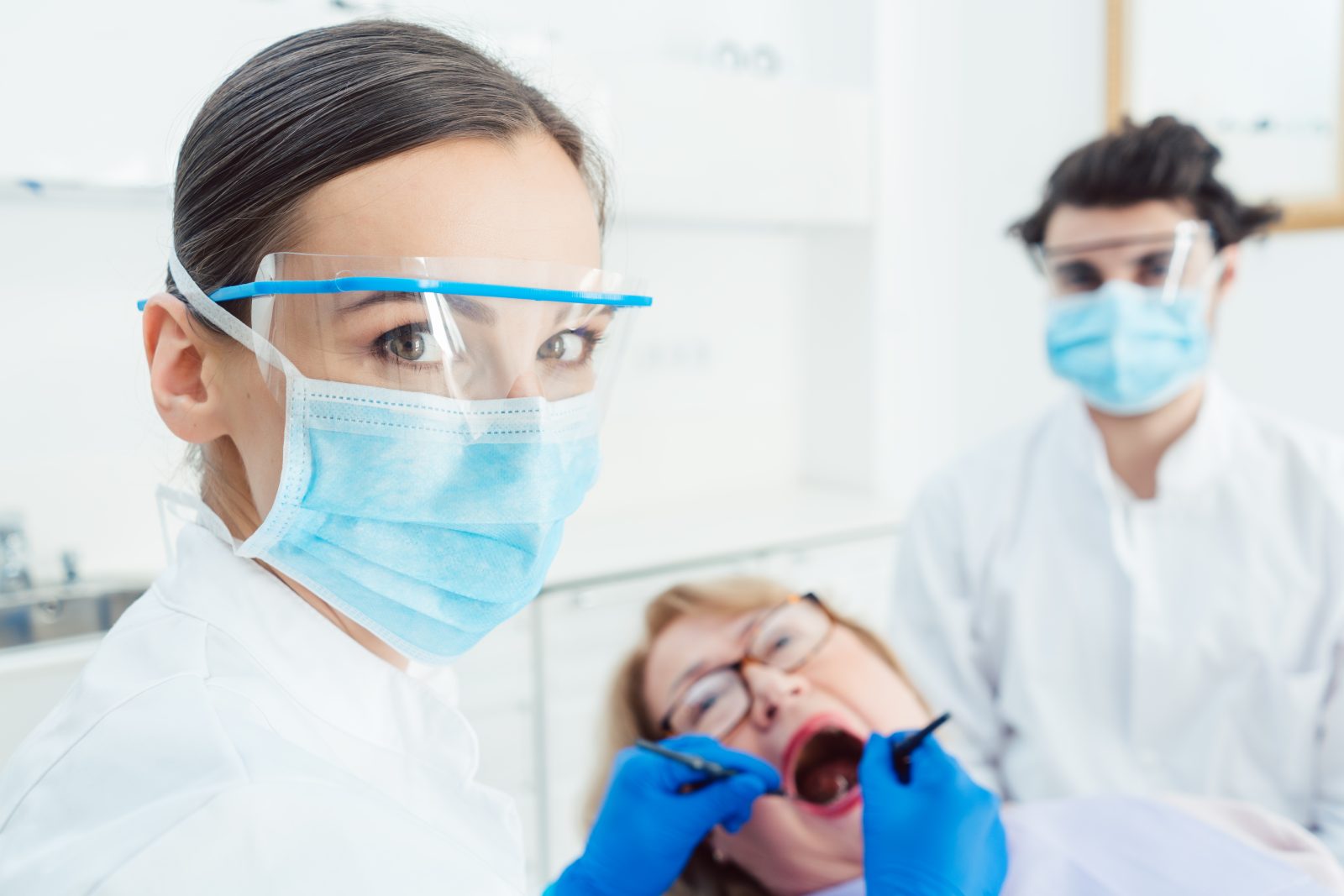 Seminar
Seminar
Infection Control & Safety in the Dental Setting
8 Credit Hours
Friday Apr 25th, 2025
at 8:30 AM
All clinical personnel in the dental setting are at risk for exposure to disease agents and other environmental hazards. With attention to infection control CDC Guidelines, risks to yourself, your patients, and other dental team members can be minimized. In this update, the scientific background behind infection control and safety regulations will be emphasized. This course will satisfy both OSHA/MIOSHA requirements for annual training and Infection control updates required by the state of Michigan for re-licensure.
Speaker
- Marie Fluent
Ann Arbor, MI
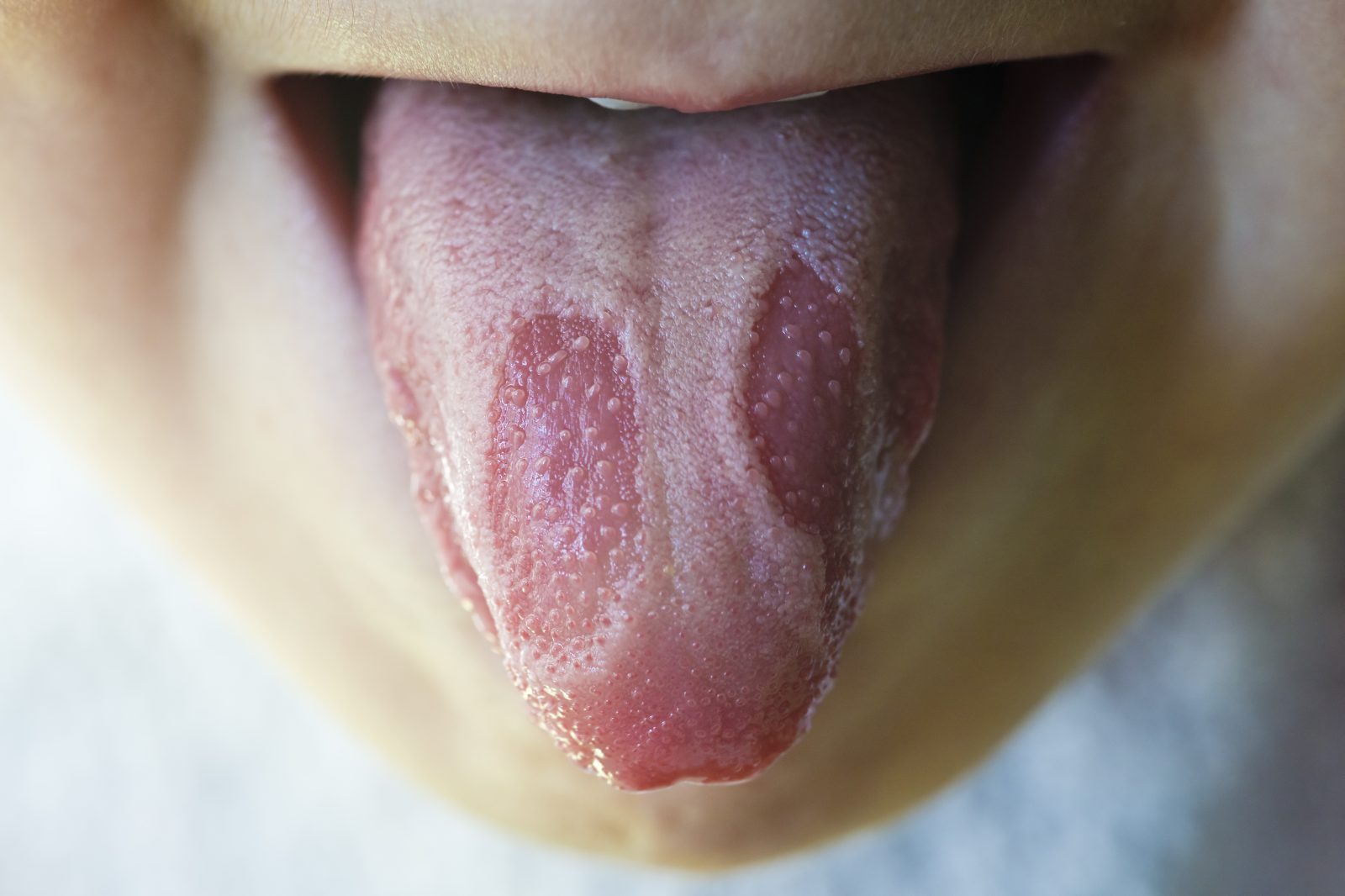 Seminar
Seminar
Comprehensive Overview of Oral Pathology
8 Credit Hours
Friday Apr 25th, 2025
at 8:30 AM
This course will provide attendees with a comprehensive review of oral pathology. Common entities will be discussed; a particular focus will be made on oral squamous cell carcinoma and prevention of this malignancy.
Speaker
- Ashley N. Clark
Springfield, IL
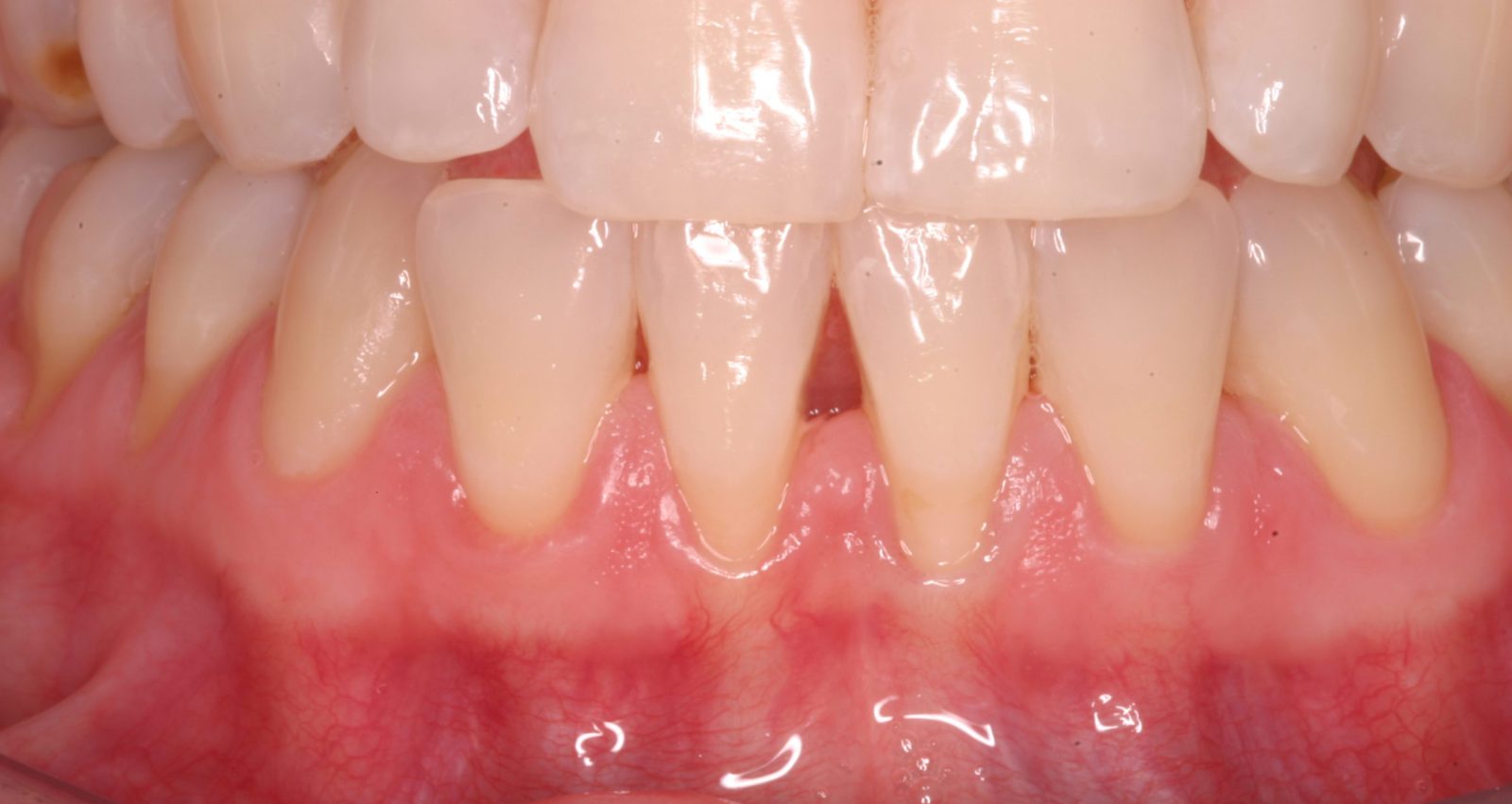 Seminar
Seminar
Periodontal Concepts for The Modern Dental Practice: From Diagnosis to Long Term Maintenance Care
8 Credit Hours
Friday Apr 25th, 2025
at 8:30 AM
This seminar will clarify diagnosis and treatment planning to help hygienists and dentists feel comfortable with stabilizing periodontal conditions and creating a predictable foundation for successful ongoing maintenance and restorative care. This course is designed to enhance or develop skills in basic periodontal diagnosis and treatment planning, while at the same time showing the long term potential for a non-surgical minimally invasive approach.
Speaker
- James Kohner
Colorado Springs, CO
 Seminar
Seminar
Infection Control & Safety in the Dental Setting
8 Credit Hours
Saturday Apr 26th, 2025
at 8:30 AM
All clinical personnel in the dental setting are at risk for exposure to disease agents and other environmental hazards. With attention to infection control CDC Guidelines, risks to yourself, your patients, and other dental team members can be minimized. In this update, the scientific background behind infection control and safety regulations will be emphasized. This course will satisfy both OSHA/MIOSHA requirements for annual training and Infection control updates required by the state of Michigan for re-licensure.
Speaker
- Marie Fluent
Grand Rapids, MI
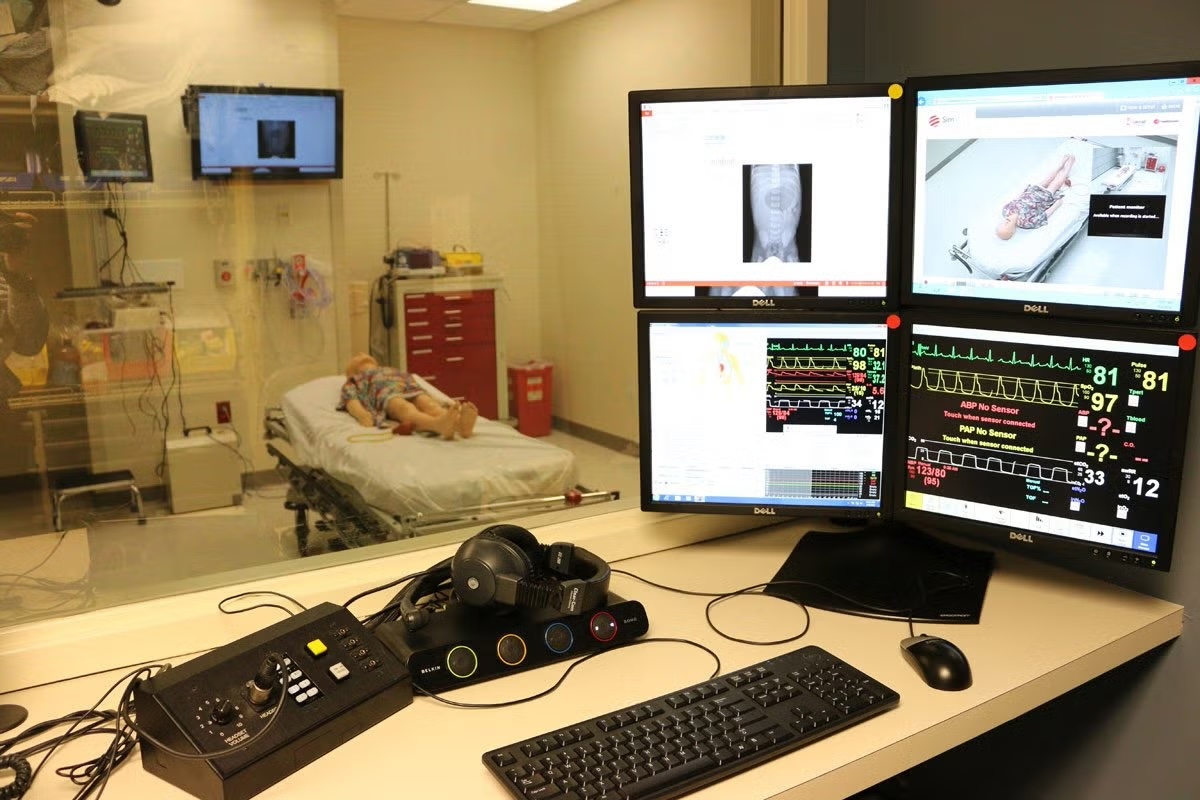 Seminar
Seminar
Simulated Diagnosis and Treatment of Medical Emergencies in the Dental Office
8 Credit Hours
Saturday Apr 26th, 2025
at 8:30 AM
A Cutting-Edge Hands-On Experience for Dentists and Their Teams
Medical emergencies in the dental office are rare but can be life-threatening when they occur. As a dentist, you are not only responsible for oral health but also for the safety and well-being of your patients. Would you and your team know exactly what to do in a high-stress, real-time emergency?
This immersive, hands-on course—offered in collaboration with Boston Medical Center’s Solomont Simulation Center—is unlike any other. Through state-of-the-art medical simulation training, you will experience the closest thing to real-life medical emergencies in a controlled, risk-free environment.
Speaker
- Steven Bookless
Boston, MA
 Seminar
Seminar
Comprehensive Overview of Oral Pathology
8 Credit Hours
Saturday Apr 26th, 2025
at 8:30 AM
This course will provide attendees with a comprehensive review of oral pathology. Common entities will be discussed; a particular focus will be made on oral squamous cell carcinoma and prevention of this malignancy.
Speaker
- Ashley N. Clark
Bridgeton, MO
 Seminar
Seminar
Periodontal Concepts for The Modern Dental Practice: From Diagnosis to Long Term Maintenance Care
8 Credit Hours
Saturday Apr 26th, 2025
at 8:30 AM
This seminar will clarify diagnosis and treatment planning to help hygienists and dentists feel comfortable with stabilizing periodontal conditions and creating a predictable foundation for successful ongoing maintenance and restorative care. This course is designed to enhance or develop skills in basic periodontal diagnosis and treatment planning, while at the same time showing the long term potential for a non-surgical minimally invasive approach.
Speaker
- James Kohner
Denver, CO
 Seminar
Seminar
Comprehensive Overview of Oral Pathology
8 Credit Hours
Friday Jul 18th, 2025
at 8:30 AM
This course will provide attendees with a comprehensive review of oral pathology. Common entities will be discussed; a particular focus will be made on oral squamous cell carcinoma and prevention of this malignancy.
Speaker
- Ashley N. Clark
Decatur, AL
 Seminar
Seminar
Comprehensive Overview of Oral Pathology
8 Credit Hours
Saturday Jul 19th, 2025
at 8:30 AM
This course will provide attendees with a comprehensive review of oral pathology. Common entities will be discussed; a particular focus will be made on oral squamous cell carcinoma and prevention of this malignancy.
Speaker
- Ashley N. Clark
Birmingham, AL
 Seminar
Seminar
Comprehensive Overview of Oral Pathology
8 Credit Hours
Friday Aug 1st, 2025
at 8:30 AM
This course will provide attendees with a comprehensive review of oral pathology. Common entities will be discussed; a particular focus will be made on oral squamous cell carcinoma and prevention of this malignancy.
Speaker
- Ashley N. Clark
Lake Charles, LA
 Seminar
Seminar
Comprehensive Overview of Oral Pathology
8 Credit Hours
Saturday Aug 2nd, 2025
at 8:30 AM
This course will provide attendees with a comprehensive review of oral pathology. Common entities will be discussed; a particular focus will be made on oral squamous cell carcinoma and prevention of this malignancy.
Speaker
- Ashley N. Clark
Baton Rouge, LA
 Seminar
Seminar
Comprehensive Overview of Oral Pathology
8 Credit Hours
Friday Sep 5th, 2025
at 8:30 AM
This course will provide attendees with a comprehensive review of oral pathology. Common entities will be discussed; a particular focus will be made on oral squamous cell carcinoma and prevention of this malignancy.
Speaker
- Ashley N. Clark
Edison, NJ
 Seminar
Seminar
Dental Sleep Medicine and Orofacial Pain: What You Should Know?
8 Credit Hours
Friday Sep 5th, 2025
at 8:30 AM
This seminar is ideal for dentists and dental hygienists looking to expand their knowledge in sleep breathing disorders and orofacial pain management. It offers practical, actionable strategies that can be implemented immediately in your practice to improve patient care.
Speaker
- Mayoor Patel
Morgantown, WV
 Seminar
Seminar
Comprehensive Overview of Oral Pathology
8 Credit Hours
Saturday Sep 6th, 2025
at 8:30 AM
This course will provide attendees with a comprehensive review of oral pathology. Common entities will be discussed; a particular focus will be made on oral squamous cell carcinoma and prevention of this malignancy.
Speaker
- Ashley N. Clark
Mount Laurel Township, NJ
 Seminar
Seminar
Dental Sleep Medicine and Orofacial Pain: What You Should Know?
8 Credit Hours
Saturday Sep 6th, 2025
at 8:30 AM
This seminar is ideal for dentists and dental hygienists looking to expand their knowledge in sleep breathing disorders and orofacial pain management. It offers practical, actionable strategies that can be implemented immediately in your practice to improve patient care.
Speaker
- Mayoor Patel
Monaca, PA
 Seminar
Seminar
Dental Sleep Medicine and Orofacial Pain: What You Should Know?
8 Credit Hours
Friday Oct 3rd, 2025
at 8:30 AM
This seminar is ideal for dentists and dental hygienists looking to expand their knowledge in sleep breathing disorders and orofacial pain management. It offers practical, actionable strategies that can be implemented immediately in your practice to improve patient care.
Speaker
- Mayoor Patel
Bangor, ME
 Seminar
Seminar
Dental Sleep Medicine and Orofacial Pain: What You Should Know?
8 Credit Hours
Saturday Oct 4th, 2025
at 8:30 AM
This seminar is ideal for dentists and dental hygienists looking to expand their knowledge in sleep breathing disorders and orofacial pain management. It offers practical, actionable strategies that can be implemented immediately in your practice to improve patient care.
Speaker
- Mayoor Patel
Portland, ME
 Seminar
Seminar
Caring for Pediatric Patients: Restorations and Traumatic Dental Injuries
8 Credit Hours
Saturday Oct 18th, 2025
at 8:30 AM
This seminar provides a thorough exploration of two critical aspects of pediatric dentistry: managing dental trauma and contemporary restorative solutions for primary teeth. The morning session focuses on evidence-based strategies for handling dental injuries, emphasizing timely intervention and biological principles to optimize functional and esthetic outcomes. The afternoon session delves into modern restorative techniques, ranging from minimally invasive approaches to full-coverage crowns, ensuring personalized, patient-centered care. Led by Dr. Ritwik, these sessions equip dentists, hygienists and assistants with the knowledge and confidence to deliver effective, compassionate treatment tailored to each child's needs.
Speaker
- Priyanshi Ritwik
Lancaster, PA
 Seminar
Seminar
Caring for Pediatric Patients: Restorations and Traumatic Dental Injuries
8 Credit Hours
Sunday Oct 19th, 2025
at 8:30 AM
This seminar provides a thorough exploration of two critical aspects of pediatric dentistry: managing dental trauma and contemporary restorative solutions for primary teeth. The morning session focuses on evidence-based strategies for handling dental injuries, emphasizing timely intervention and biological principles to optimize functional and esthetic outcomes. The afternoon session delves into modern restorative techniques, ranging from minimally invasive approaches to full-coverage crowns, ensuring personalized, patient-centered care. Led by Dr. Ritwik, these sessions equip dentists, hygienists and assistants with the knowledge and confidence to deliver effective, compassionate treatment tailored to each child's needs.
Speaker
- Priyanshi Ritwik
King of Prussia, PA
 Seminar
Seminar
Dental Sleep Medicine and Orofacial Pain: What You Should Know?
8 Credit Hours
Friday Nov 7th, 2025
at 8:30 AM
This seminar is ideal for dentists and dental hygienists looking to expand their knowledge in sleep breathing disorders and orofacial pain management. It offers practical, actionable strategies that can be implemented immediately in your practice to improve patient care.
Speaker
- Mayoor Patel
Las Vegas, NV
 Seminar
Seminar
Dental Sleep Medicine and Orofacial Pain: What You Should Know?
8 Credit Hours
Saturday Nov 8th, 2025
at 8:30 AM
This seminar is ideal for dentists and dental hygienists looking to expand their knowledge in sleep breathing disorders and orofacial pain management. It offers practical, actionable strategies that can be implemented immediately in your practice to improve patient care.
Speaker
- Mayoor Patel
Reno, NV
 Seminar
Seminar
Infection Control & Safety in the Dental Setting
8 Credit Hours
Friday Nov 14th, 2025
at 8:30 AM
All clinical personnel in the dental setting are at risk for exposure to disease agents and other environmental hazards. With attention to infection control CDC Guidelines, risks to yourself, your patients, and other dental team members can be minimized. In this update, the scientific background behind infection control and safety regulations will be emphasized.
Speaker
- Marie Fluent
Nashua, NH
 Seminar
Seminar
Infection Control & Safety in the Dental Setting
8 Credit Hours
Saturday Nov 15th, 2025
at 8:30 AM
All clinical personnel in the dental setting are at risk for exposure to disease agents and other environmental hazards. With attention to infection control CDC Guidelines, risks to yourself, your patients, and other dental team members can be minimized. In this update, the scientific background behind infection control and safety regulations will be emphasized.
Speaker
- Marie Fluent
Peabody, MA
 Seminar
Seminar
Comprehensive Overview of Oral Pathology
8 Credit Hours
Friday Nov 21st, 2025
at 8:30 AM
This course will provide attendees with a comprehensive review of oral pathology. Common entities will be discussed; a particular focus will be made on oral squamous cell carcinoma and prevention of this malignancy.
Speaker
- Ashley N. Clark
Saratoga Springs, NY
 Seminar
Seminar
Comprehensive Overview of Oral Pathology
8 Credit Hours
Saturday Nov 22nd, 2025
at 8:30 AM
This course will provide attendees with a comprehensive review of oral pathology. Common entities will be discussed; a particular focus will be made on oral squamous cell carcinoma and prevention of this malignancy.
Speaker
- Ashley N. Clark
Syracuse, NY
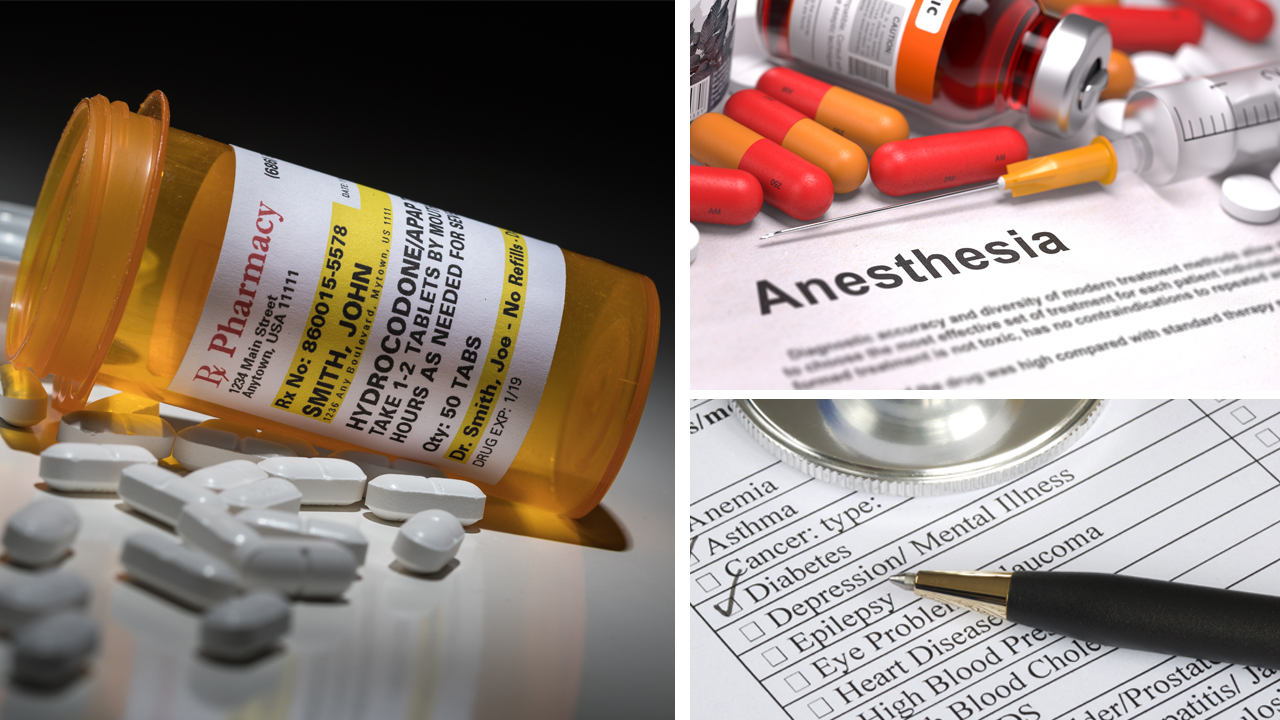 Seminar
Seminar
“It’s All About The Medical History!”: Essential Pharmacology for Busy Dental Professionals
8 Credit Hours
Friday Dec 5th, 2025
at 8:30 AM
What potential complications lurk behind the patient’s medical history that may impact dental therapy? This program will provide an overview of the dental implications of the medications, supplements and substances of abuse most frequently used by patients. The pharmacology of pain control and the effective management of acute dental pain using non-opioid and opioid analgesics will be presented as well as an overview of the pharmacology and therapeutics of local anesthetic agents.
Speaker
- Thomas A. Viola
Feasterville-Trevose, PA
 Seminar
Seminar
Caring for Pediatric Patients: Restorations and Traumatic Dental Injuries
8 Credit Hours
Saturday Dec 6th, 2025
at 8:30 AM
This seminar provides a thorough exploration of two critical aspects of pediatric dentistry: managing dental trauma and contemporary restorative solutions for primary teeth. The morning session focuses on evidence-based strategies for handling dental injuries, emphasizing timely intervention and biological principles to optimize functional and esthetic outcomes. The afternoon session delves into modern restorative techniques, ranging from minimally invasive approaches to full-coverage crowns, ensuring personalized, patient-centered care. Led by Dr. Ritwik, these sessions equip dentists, hygienists and assistants with the knowledge and confidence to deliver effective, compassionate treatment tailored to each child's needs.
Speaker
- Priyanshi Ritwik
Grand Rapids, MI
 Seminar
Seminar
“It’s All About The Medical History!”: Essential Pharmacology for Busy Dental Professionals
8 Credit Hours
Saturday Dec 6th, 2025
at 8:30 AM
What potential complications lurk behind the patient’s medical history that may impact dental therapy? This program will provide an overview of the dental implications of the medications, supplements and substances of abuse most frequently used by patients. The pharmacology of pain control and the effective management of acute dental pain using non-opioid and opioid analgesics will be presented as well as an overview of the pharmacology and therapeutics of local anesthetic agents.
Speaker
- Thomas A. Viola
Hershey, PA
 Seminar
Seminar
Caring for Pediatric Patients: Restorations and Traumatic Dental Injuries
8 Credit Hours
Sunday Dec 7th, 2025
at 8:30 AM
This seminar provides a thorough exploration of two critical aspects of pediatric dentistry: managing dental trauma and contemporary restorative solutions for primary teeth. The morning session focuses on evidence-based strategies for handling dental injuries, emphasizing timely intervention and biological principles to optimize functional and esthetic outcomes. The afternoon session delves into modern restorative techniques, ranging from minimally invasive approaches to full-coverage crowns, ensuring personalized, patient-centered care. Led by Dr. Ritwik, these sessions equip dentists, hygienists and assistants with the knowledge and confidence to deliver effective, compassionate treatment tailored to each child's needs.
Speaker
- Priyanshi Ritwik
Bay City, MI